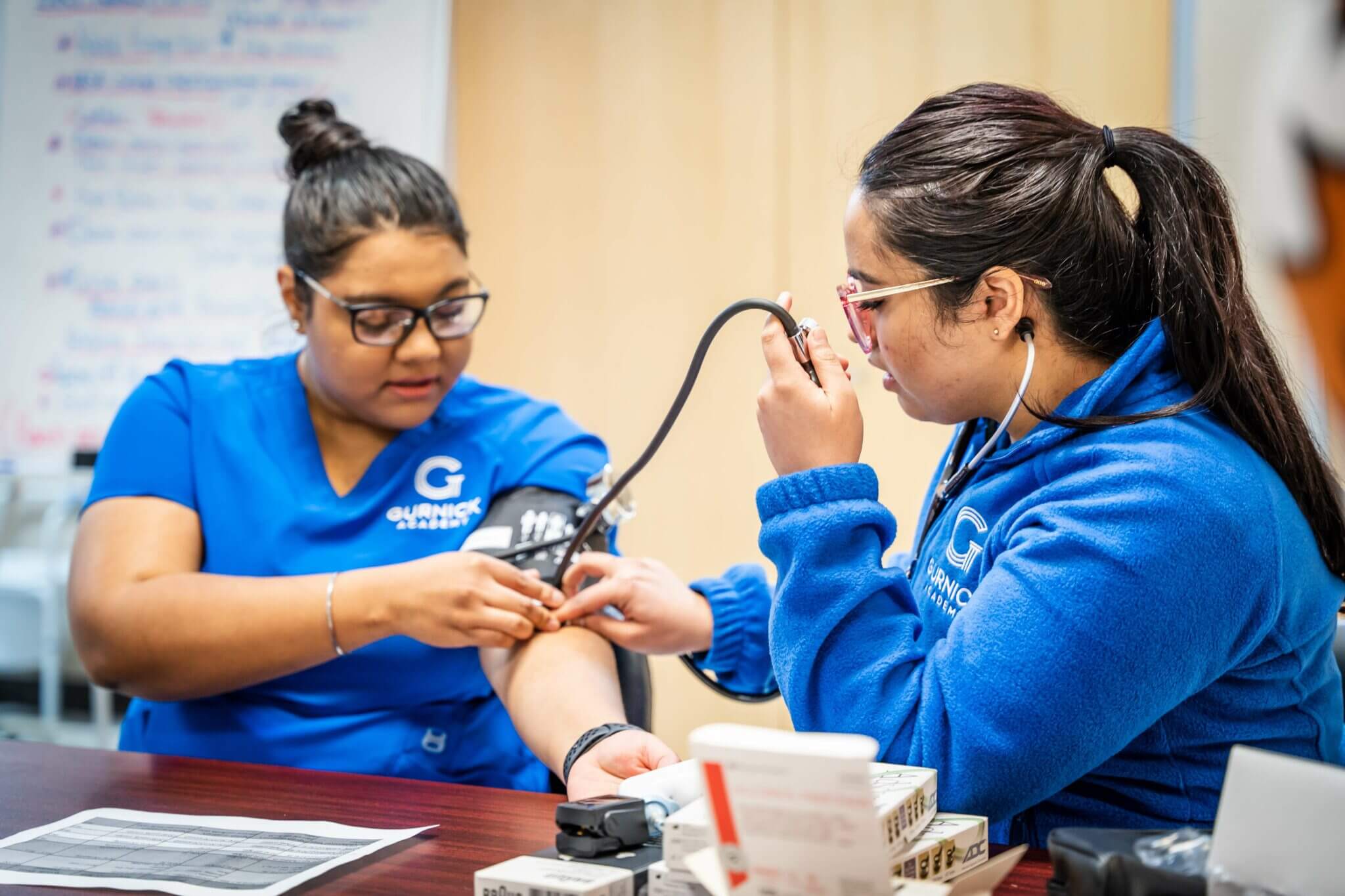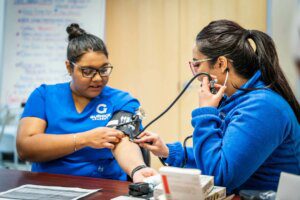Usually, these titles are used interchangeably by lay persons and patients for general understanding, then applied as reference points among similar roles. Titles differ between geographic locations, such as what a nurse is called in England versus what one is called in New York, with slight differences in duties and responsibilities.
According to O*NET, Licensed Vocational Nurses use other terms including Charge Nurse, Clinic Licensed Practical Nurse (Clinic LPN), Clinic Nurse, Home Health Licensed Practical Nurse (Home Health LPN), Licensed Vocational Nurse (LVN), Office Nurse, Pediatric LPN (Pediatric Licensed Practical Nurse), Private Duty Nurse, Radiation Oncology Nurse, and Triage LPN (Triage Licensed Practical Nurse).1 Within the US, state regulations govern title usage, and one term may not be automatically transferable.
Citation:
1 “29-2061.00-Licensed Practical and Licensed Vocational Nurses.” O*NET Online, National Center for O*NET Development. (Accessed Feb. 28, 2022.)



